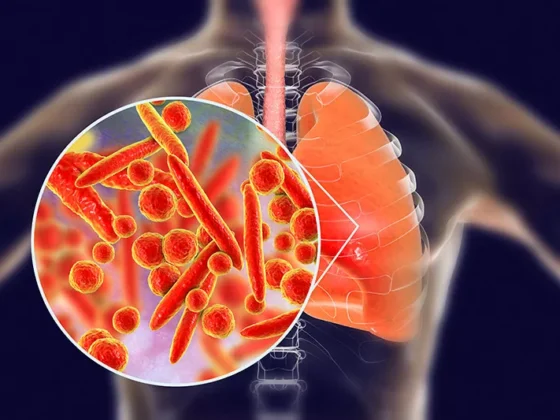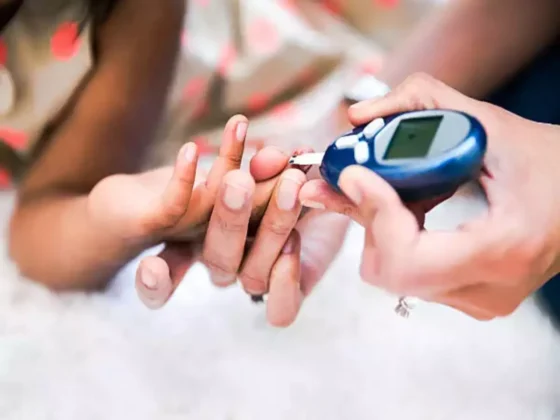New Delhi, October 28: The common belief is that strokes mainly affect older people, but recent studies have highlighted a disturbing reality: more young adults are at risk for strokes, largely due to their lifestyle choices. This raises crucial questions: Why are younger people at greater risk? What habits contribute to this trend? And how can we raise awareness and promote prevention? This article delves into these topics, stressing the need to recognize stroke risks in young adults, particularly on World Stroke Day.
The Rise of Stroke in Young Adults: An Alarming Fact
Recent statistics show that strokes among young adults, especially those aged 18 to 45, are on the rise. Reports indicate a significant increase in stroke incidents in this age group over the past two decades. This worrying trend suggests that lifestyle factors are immensely influencing this change.
The Age Dilemma: While age is a major risk factor for strokes, the growing number of cases in younger individuals challenges long-held beliefs. Many young adults feel invincible, leading them to neglect their health. This mentality often translates into poor lifestyle choices that elevate the risk of strokes.
Sedentary Living: A sedentary lifestyle is one of the biggest contributors to the growing stroke risk in young adults. With the rise of technology and the increase in remote work, many young people are spending more time sitting. This inactivity can result in obesity, high blood pressure, and other health problems, all significant risk factors for strokes.
Poor Dietary Habits: Diet is crucial for maintaining good health, yet many young adults fall into unhealthy eating patterns. Fast food—loaded with saturated fats and sugars—has become a convenient staple. Poor nutrition can lead to weight gain, high cholesterol, and diabetes, all of which raise the likelihood of having a stroke.
Substance Abuse: Another critical factor is substance abuse, which includes smoking and heavy drinking. Smoking harms blood vessels and elevates blood pressure, while excessive alcohol can lead to irregular heartbeats and other cardiovascular issues. These habits drastically increase stroke risk among younger adults.
Excessive Stress: In our fast-paced society, mental health challenges such as anxiety and depression are common among young adults. Chronic stress can lead to unhealthy coping strategies, like poor eating and substance abuse, which in turn raise the risk of strokes. Recognizing the connection between mental and physical health is essential in tackling this growing issue.
Prevention Strategies: Taking Control
World Stroke Day is a vital opportunity to boost awareness about stroke risks for young adults. Educational outreach can inform people about stroke warning signs and the significance of maintaining a healthy lifestyle.
Encouraging healthy habits is crucial for minimizing stroke risk. Regular physical activity, a diet rich in fruits and vegetables, and steering clear of tobacco and excessive alcohol are fundamental to good health. Young adults need to prioritize their well-being and make better choices.
Routine health check-ups are key in spotting risk factors early on. Young adults should not disregard the importance of monitoring their blood pressure, cholesterol, and overall health. Early detection can prompt timely interventions, significantly lowering stroke risk.
As we recognize World Stroke Day, it’s critical to empower young adults with knowledge about the stroke risks tied to their lifestyle choices. By understanding contributing factors and acting on prevention measures, we can strive to reduce stroke occurrences in this vulnerable group. Awareness, education, and proactive health management are vital to countering this alarming trend and fostering a healthier future for young adults.











